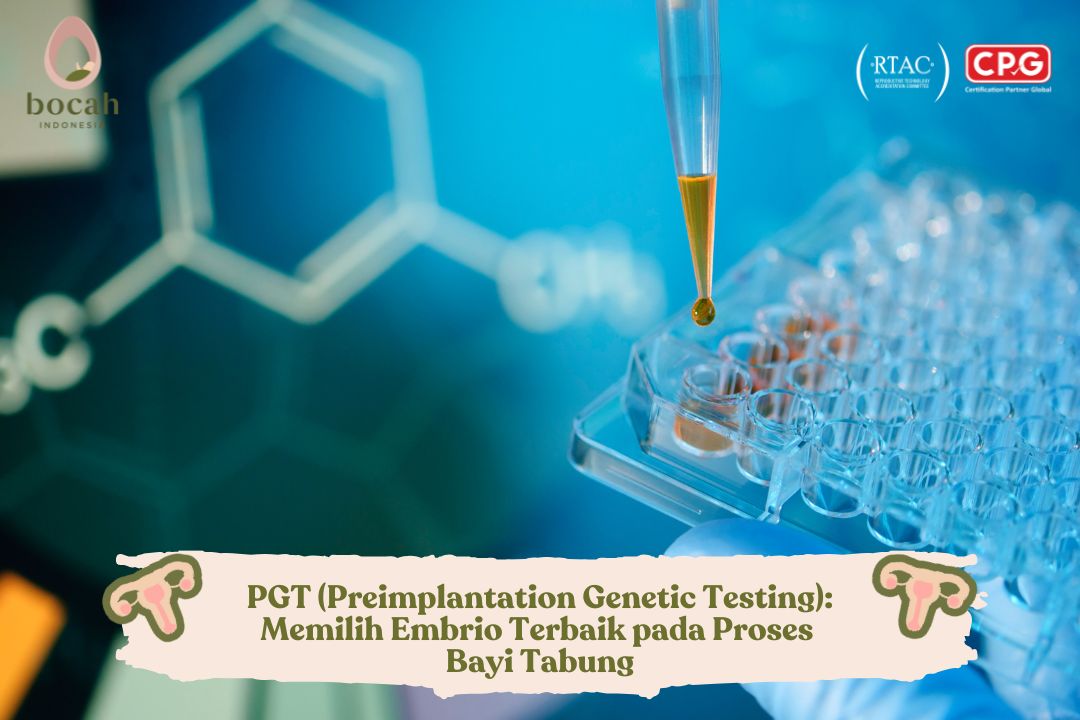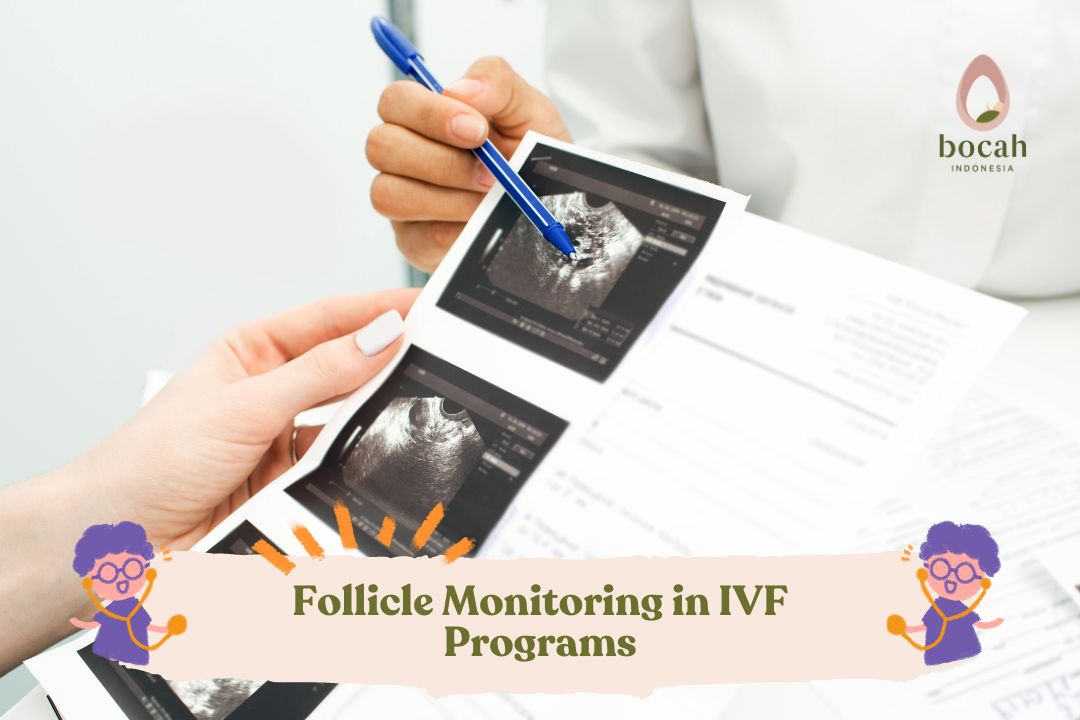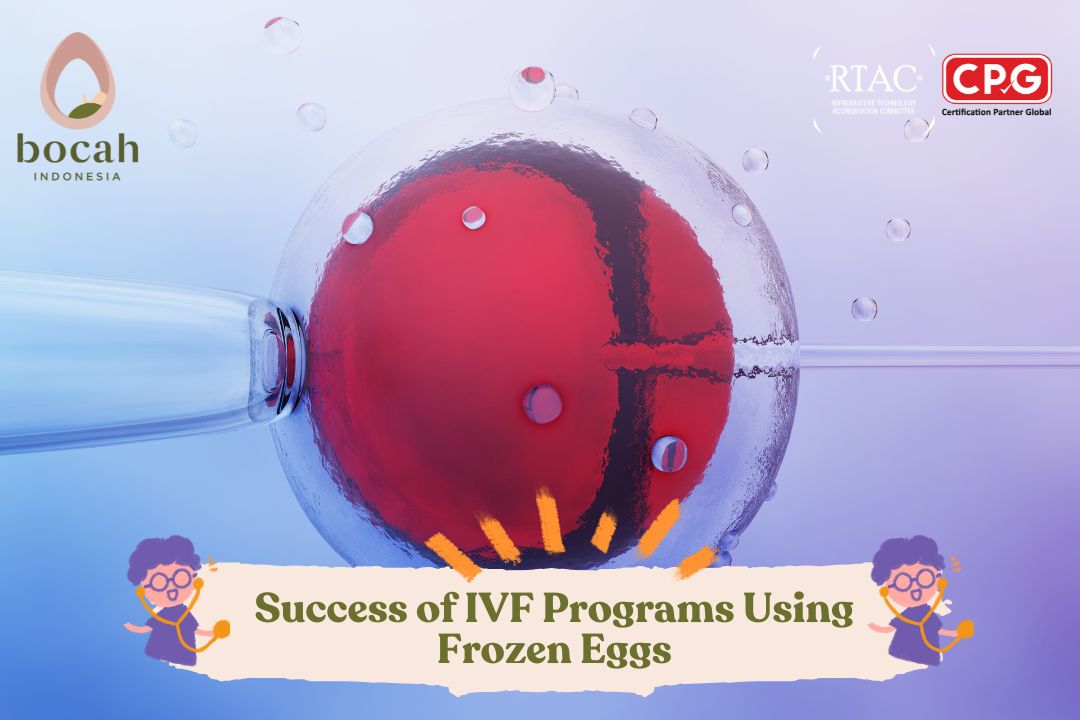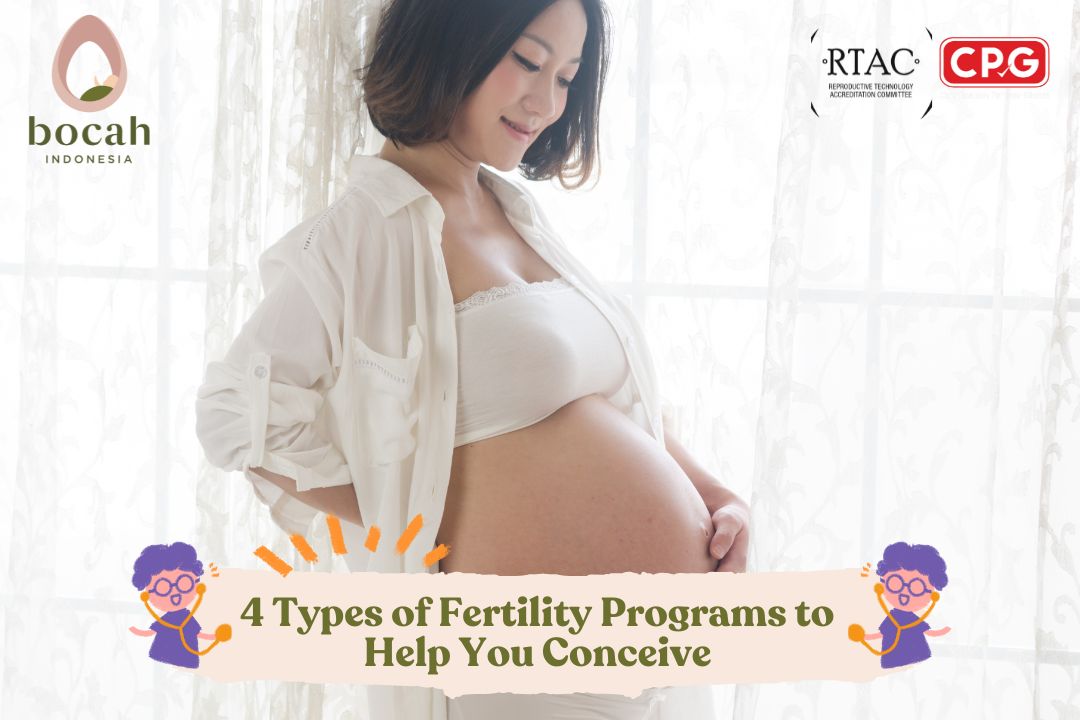PGT-A, Chromosome Abnormality Detection Technology in IVF Programs
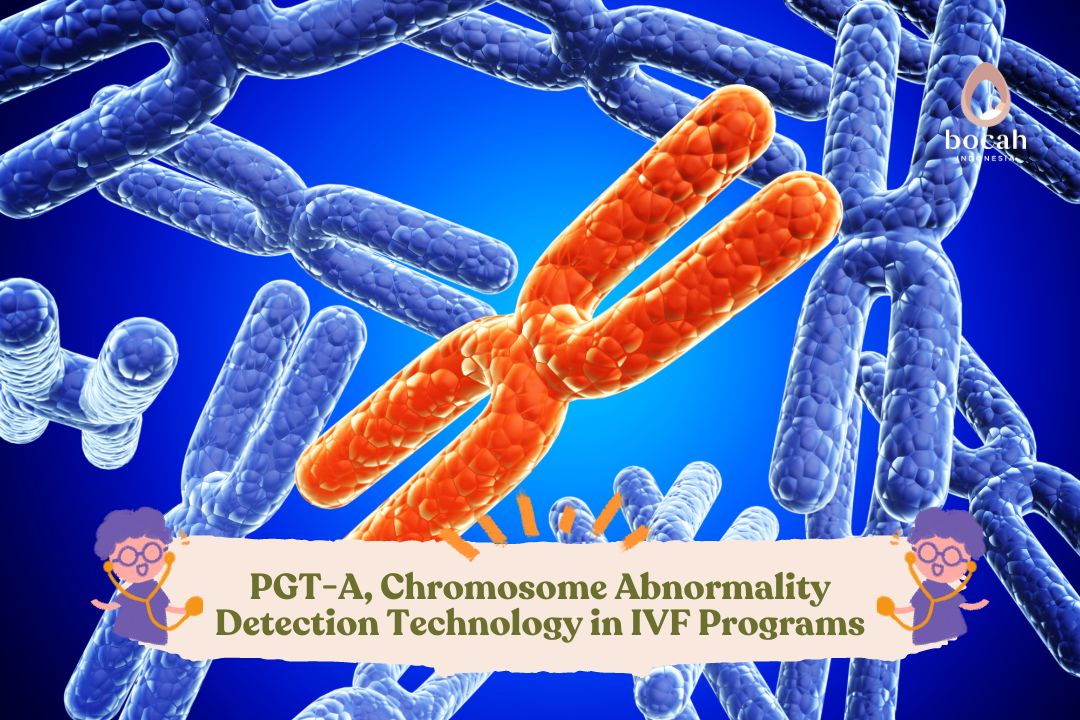
One of the technologies available for couples who want to detect chromosomal abnormalities is through pre-implantation genetic testing for aneuploidy, or PGT-A.
Have you heard of or undergone PGT before? For some, PGT may still be unfamiliar, but for couples who have chosen to go through an in vitro fertilization (IVF) program, they might already be familiar with it.
Pre-implantation genetic testing is an examination to detect genetic abnormalities in embryos early on during an IVF program. This test aims to increase the chances of a couple having a genetically normal offspring.
There are several types of PGT, including:
- Preimplantation genetic testing for aneuploidy (PGT-A)
- Preimplantation genetic testing for monogenic disorders (PGT-M)
- Preimplantation genetic testing for structural rearrangements (PGT-SR)
However, the one we’ll discuss this time is preimplantation genetic testing for aneuploidy (PGT-A).
What is PGT-A?
Preimplantation genetic testing for aneuploidy (PGT-A) is a chromosomal screening technique used to identify aneuploid embryos (those with abnormal chromosomes) in order to select euploid embryos (23 pairs of normal chromosomes) for transfer during an in vitro fertilization (IVF) program.
The purpose of PGT-A is to identify embryos with aneuploidy, including subchromosomal deletions and duplications, in embryos from parents assumed to have normal chromosomes.
In theory, avoiding the transfer of aneuploid embryos can reduce the risk of miscarriage and complications related to pregnancy failure. This test is typically intended to detect abnormalities in embryos from women over 35 years old.
There are two PGT-A screening techniques:
Tanya Mincah tentang Promil?
- Invasive (embryo biopsy): This technique involves taking tissue from the embryo through a biopsy.
- Non-invasive (culture medium): This technique involves collecting material from the embryo through the culture medium exposed to the embryo. This is a new innovation designed to minimize the risks that can arise from invasive PGT-A.
Who Can Undergo PGT-A?
For those interested in PGT-A, this test is intended for:
- Patients over 35 years old
- Patients undergoing IVF who want to select embryos with the best chromosomes
- Patients with a family history of chromosomal abnormalities
- Patients seeking to increase pregnancy success rates without invasive embryo biopsy
- Patients with a history of recurrent miscarriages
- Patients with a history of IVF failure
Why is Non-Invasive PGT-A Recommended?
Non-invasive PGT-A is recommended as an alternative for those who wish to avoid invasive embryo biopsy procedures. The non-invasive technique is used to avoid embryo biopsy, which could potentially damage the embryo. Additionally, the non-invasive method is safer, minimizing the risk of harm to the embryo.
This non-invasive method also offers several advantages, such as being safer and more accurate since it only uses the culture medium.
How Does Non-Invasive PGT-A Work?
Essentially, embryos naturally release DNA material during their development, which is monitored in the laboratory. When the embryo is placed in a dish containing fluid (culture medium), it releases its DNA into the medium.
Embryologists then collect the fluid containing the embryo’s DNA and test it in the laboratory.
This method does not require a biopsy of the embryo, ensuring that the embryo remains intact and safe. Only the embryo’s DNA is needed for testing by the embryologist.
This is an explanation of PGT-A testing that you can consider when undergoing an IVF program. Through PGT-A testing, you can experience the IVF cycle with greater peace of mind, safety, and comfort.
Source:
- Homer, HA. (2019). Preimplantation genetic testing for aneuploidy (PGT-A): The biology, the technology and the clinical outcomes. Australian and New Zealand Journal of Obstetrics and Gynaecology, Volume 59, Issue 2 p. 317-324.
- Orvieto, R., Gleicher, N. (2020). Preimplantation genetic testing for aneuploidy (PGT-A)—finally revealed. J Assist Reprod Genet. 2020 Mar; 37(3): 669–672.
- Sordia-Hernandez, LH., et al. (2022). The Effects of Preimplantation Genetic Testing for Aneuploidy (PGT-A) on Patient-Important Outcomes in Embryo Transfer Cases: A Meta-Analysis. J Reprod Infertil. 2022 Oct-Dec; 23(4): 231–246.


